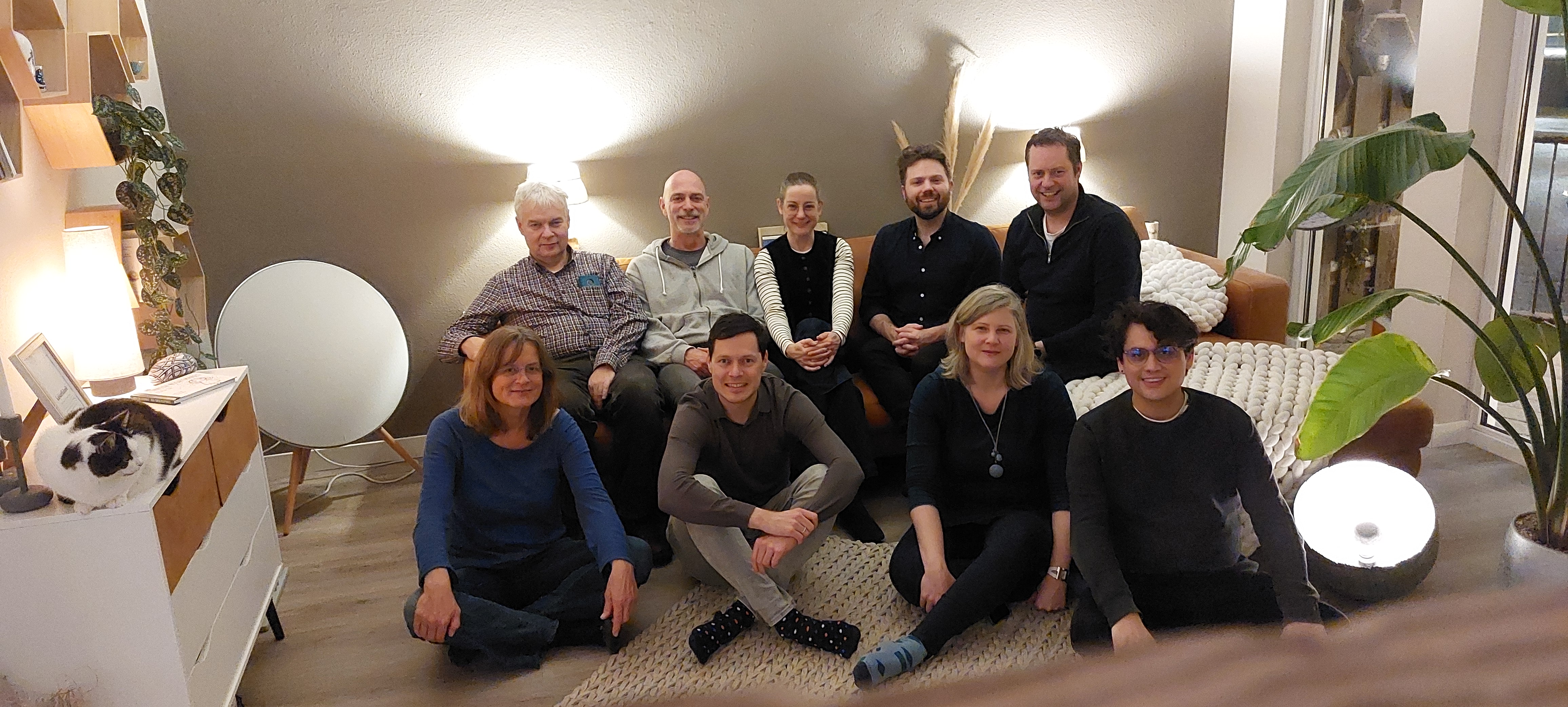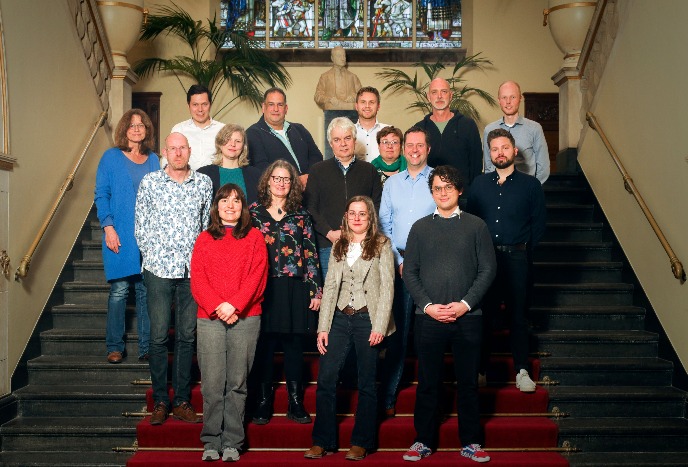The Personnel Faction

Characteristic of our Personnel Faction - with nine members the largest faction in the university council - is the diversity of its members, scientific staff as well as support staff and Phds working in many different Faculties and Departments. Therefore we can combine our knowledge and experience and represent all layers of our organization. There is ample opportunity for a diversity of opinions but on a common base.
We managed to keep our 9 seats!
1. Unified staff community
We advocate for unity and collaboration between scientific and support staff, recognizing their shared mission and essential roles in education, research, and impact.
2. International & regional balance
The University of Groningen must remain a truly international university while actively serving and engaging with the regional community; global perspective and local impact go hand in hand.
3. Inclusive & safe work environment
A healthy university culture depends on social safety, genuine inclusion, and recognition of all staff and students; these are non-negotiable foundations for well-being, collaboration, and long-term excellence.
4. Workload reduction
We oppose any new policies that add to existing work pressure. The focus must be on reducing workload to protect staff well-being. University leadership needs to define what we will stop doing. We cannot continue to do more with less.
5. Quality first
Education and research excellence must remain central, even in times of financial constraint.
6. Smart budgeting
Budget cuts must be proportionate and reversible. Decisions should be guided by the knowledge and input of staff members who understand the specific needs and priorities of the organization.
7. Sustainable choices
Every decision must consider long-term environmental, social and financial sustainability, including digital sustainability.
8. Open science
Open science enhances collaboration, reduces dependency on commercial models and ensures that research benefits everyone, not just those who can afford it.
9. Democratic leadership & academic citizenship
Democratic leadership requires continuous training, support, and accountability at all levels to ensure ethical outcomes. Leaders should model academic citizenship by promoting collaboration, integrity, and a commitment to the academic community
10. No crisis-driven overhauls
Major reorganizations during times of crisis must be avoided to protect core values.







